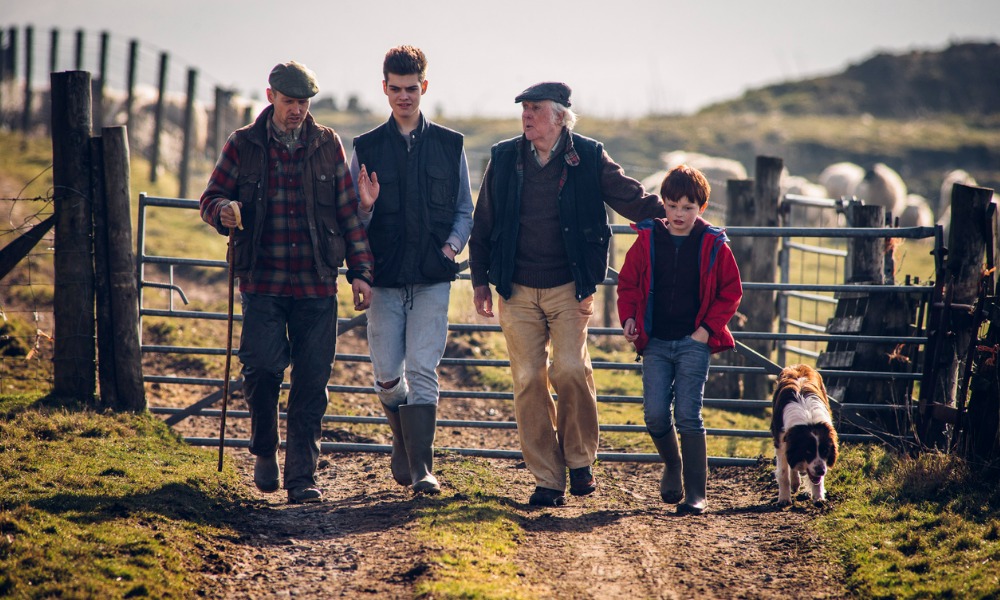Province amends child labour laws to include new exception

Quebec Labour Minister Jean Boulet has revised Bill 19, which regulates youth employment in the province, to permit children under 14 to work in agriculture if the business has a maximum of 10 employees.
In March, Boulet introduced the bill, which limits the number of weekly hours Quebecers aged 16 and under can work during the school year to 17. It also establishes 14 as the minimum legal working age, with exceptions for certain jobs like babysitting or tutoring.
However, Boulet's amendment now allows small agricultural businesses to be exempt from the new minimum working age, enabling them to employ children as young as twelve. The amendment specifies that these children may engage in "light manual labor to harvest fruits or vegetables, take care of animals, or tend the soil."
The amendment received approval on Tuesday, with both Québec Solidaire, which had initially opposed any exemptions, and the Quebec Liberal Party expressing their support.
"This new exemption aligns with the demands of employers who requested more exceptions to allow children under 14 to work," stated Boulet.
The Union of Agricultural Producers (UPA) had specifically requested the amendment due to concerns that Bill 19 would result in a significant reduction of available labor for its members, especially during the summer season.
However, some are concerned about the potential risks of employing children in the agricultural environment, given the frequency of injuries among young workers. Doubts have been raised about the ability of Quebec's labor regulator, La Commission des normes, de l'équité, de la santé et de la sécurité du travail (CNESST), to ensure the safety of children in the workplace.
Vincent Chevarie, a spokesperson for Au bas de l'échelle, an organization that defends non-unionized workers, tells The Canadian Press, "It scares us because [the agriculture industry] is an environment that is super dangerous."
According to the National Institute of Public Health (INSPQ), machinery is a leading cause of death and hospitalization in agricultural environments, particularly among children. Approximately 60 percent of child deaths in the workplace are related to machinery. Even if children do not directly handle machinery, it remains a significant cause of fatal injuries in children, according to the Montreal Children's Hospital.
Common causes of bodily injuries include falls from moving vehicles, entanglement in machinery, falls from high surfaces, and injuries caused by animals.
The INSPQ reveals that about 57 percent of agricultural businesses in Quebec were not registered with the CNESST, the province's workplace safety board, in 2022. Consequently, these businesses operate outside the CNESST's regulatory reach, which hinders their ability to enforce safety regulations.
Au bas de l'echelle submitted a brief to the National Assembly questioning the CNESST's capacity to effectively penalize companies that violate the new rules. Chevarie says, "Minister Boulet was very vague about the role and powers of the CNESST." He emphasized the need for increased surveillance by the CNESST to prevent accidents.
Bill 19 aims to empower the CNESST to impose higher fines on employers, allocate funds for prevention activities, and assess risks that could affect employee health and safety. However, the bill does not address the checks and controls necessary for ongoing security.
Chevarie emphasized the importance of adding specific responsibilities and duties for the CNESST in the act respecting labor standards, to eliminate ambiguity. He stated, "we ask that certain responsibilities and certain duties of the CNESST be added to the act respecting labor standards so that there is no more vagueness."
The Canadian Press





